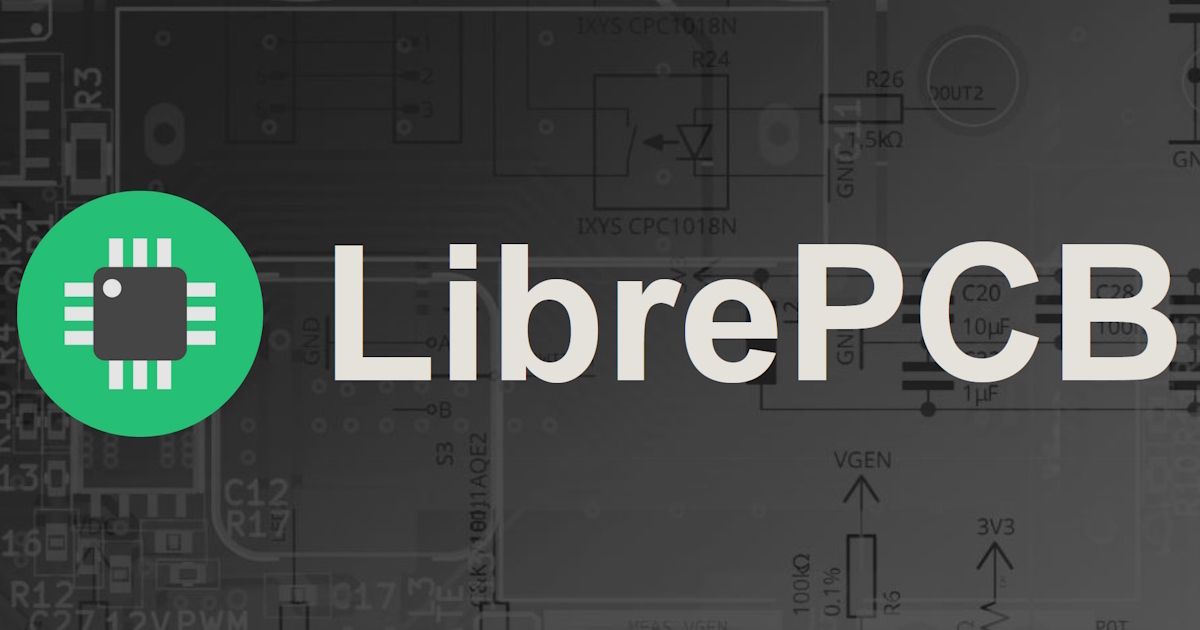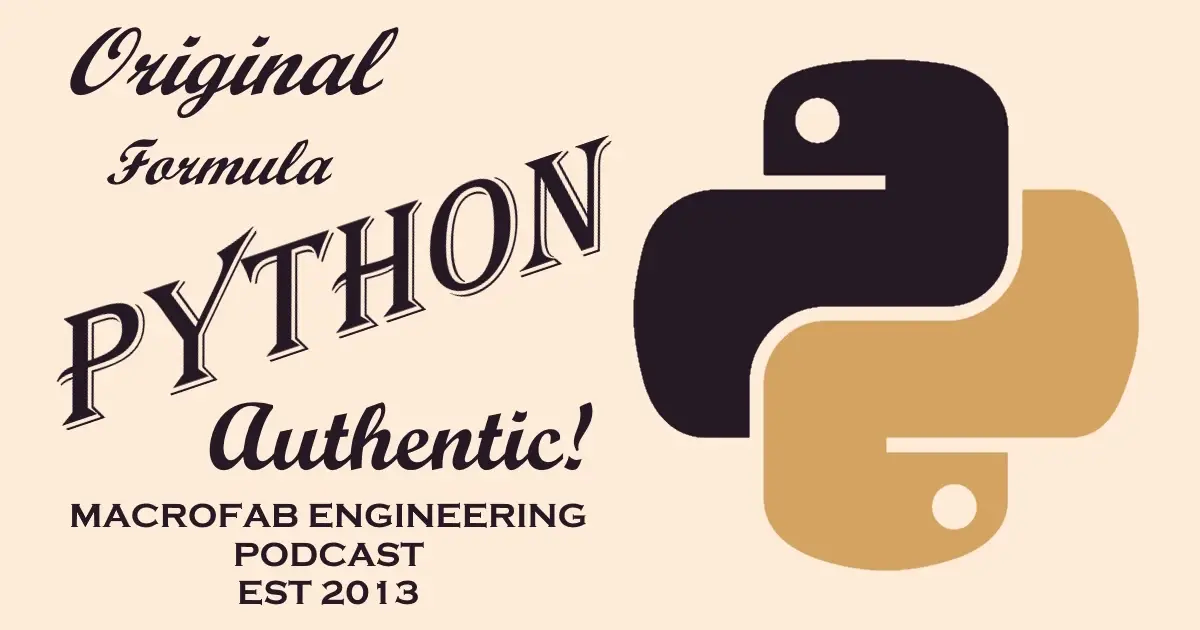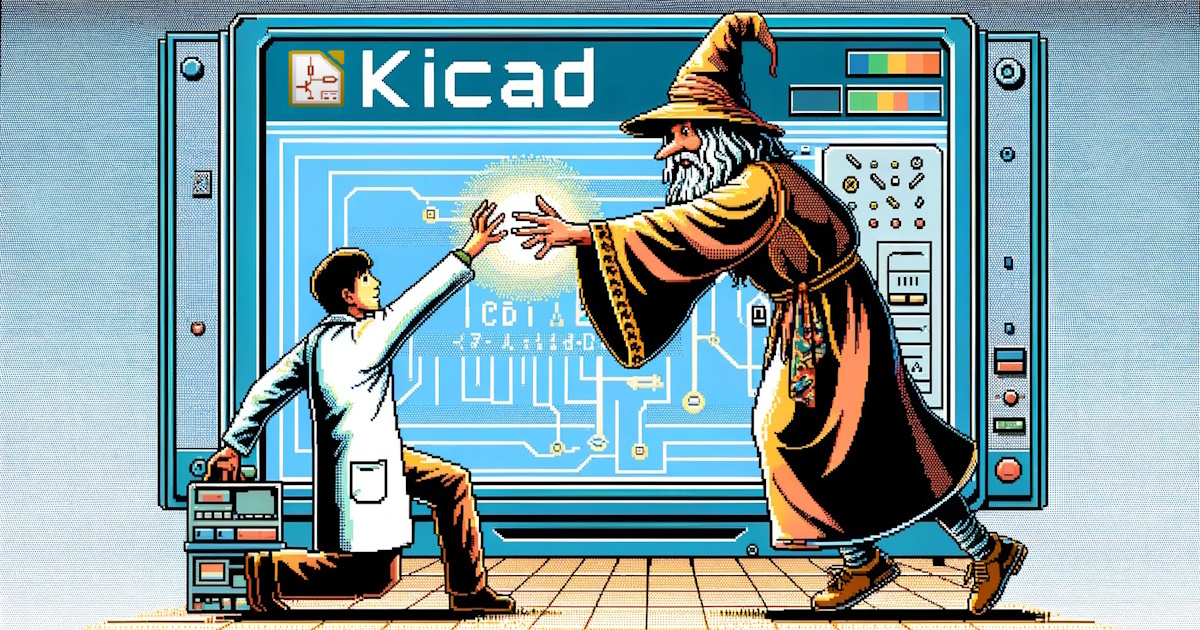Circuit Break Podcast #362
It is 2023, Why Does Footprint Design Still Suck?
Related Topics
Building LibrePCB - Urban Bruhin's Journey in Open Source EDA
Urban Bruhin shares his journey from being an electrical engineer to developing LibrePCB, driven by his dissatisfaction with existing EDA tools like Eagle.
The Toilet Mountain of Social Media
The hefty topic of U.S. funding for 'digital twin' chips research under the CHIPS Act, comparing its budget to other big expenditures.
Wizard Trust Falls for PCB Footprints
Parker’s transition from Eagle to KiCad, facing challenges with library management and device layer integration. Also, the new MacroFab Quote Wizard.
Other Resources
Circuit Break Podcast
Webinars
Videos
Tour MacroFab's ITAR-Compliant Facility
January 20, 2023, Episode #362
First R2R bill passes and it is…
- NY gov Kathy Hochul signed into law one of the first R2R bills
- Hochul agreed to sign the bill with some last minute changes
- Hochul wrote in a memo that the legislation, as it was originally drafted, “included technical issues that could put safety and security at risk, as well as heighten the risk of injury from physical repair projects.”
- Changes
- Stripping requirement for OEMs to provide to the public any passwords, security codes or materials to override security features
- bundle “assemblies of parts” instead of just the specific component actually needed for a DIY repair if “the risk of improper installation heightens the risk of injury.”
- Applies to devices built or sold in New York after july 1st
- the bill’s revised language excludes enterprise electronics, such as those that schools, hospitals, universities and data centers rely on
Designing new Footprints in the year 2023. Why does this still suck?
- As Electrical engineers that dabble in mechanical design
- New footprints are one of the leading causes of a prototype or first article run going wrong
- EDA Tools do absolute coordinates
- Mechanical Tools do “dimensioning”
About the Hosts

Parker Dillmann
Parker is an Electrical Engineer with backgrounds in Embedded System Design and Digital Signal Processing. He got his start in 2005 by hacking Nintendo consoles into portable gaming units. The following year he designed and produced an Atari 2600 video mod to allow the Atari to display a crisp, RF fuzz free picture on newer TVs. Over a thousand Atari video mods where produced by Parker from 2006 to 2011 and the mod is still made by other enthusiasts in the Atari community.
In 2006, Parker enrolled at The University of Texas at Austin as a Petroleum Engineer. After realizing electronics was his passion he switched majors in 2007 to Electrical and Computer Engineering. Following his previous background in making the Atari 2600 video mod, Parker decided to take more board layout classes and circuit design classes. Other areas of study include robotics, microcontroller theory and design, FPGA development with VHDL and Verilog, and image and signal processing with DSPs. In 2010, Parker won a Ti sponsored Launchpad programming and design contest that was held by the IEEE CS chapter at the University. Parker graduated with a BS in Electrical and Computer Engineering in the Spring of 2012.
In the Summer of 2012, Parker was hired on as an Electrical Engineer at Dynamic Perception to design and prototype new electronic products. Here, Parker learned about full product development cycles and honed his board layout skills. Seeing the difficulties in managing operations and FCC/CE compliance testing, Parker thought there had to be a better way for small electronic companies to get their product out in customer's hands.
Parker also runs the blog, longhornengineer.com, where he posts his personal projects, technical guides, and appnotes about board layout design and components.

Stephen Kraig
Stephen Kraig is a component engineer working in the aerospace industry. He has applied his electrical engineering knowledge in a variety of contexts previously, including oil and gas, contract manufacturing, audio electronic repair, and synthesizer design. A graduate of Texas A&M, Stephen has lived his adult life in the Houston, TX, and Denver, CO, areas.
Stephen has never said no to a project. From building guitar amps (starting when he was 17) to designing and building his own CNC table to fine-tuning the mineral composition of the water he uses to brew beer, he thrives on testing, experimentation, and problem-solving. Tune into the podcast to learn more about the wacky stuff Stephen gets up to.
Special thanks to whixr over at Tymkrs for the intro and outro!
Related Podcasts

Building LibrePCB - Urban Bruhin's Journey in Open Source EDA
Urban Bruhin shares his journey from being an electrical engineer to developing LibrePCB, driven by his dissatisfaction with existing EDA tools like Eagle.

The Toilet Mountain of Social Media
The hefty topic of U.S. funding for 'digital twin' chips research under the CHIPS Act, comparing its budget to other big expenditures.

Kent Johnson: Religious Diversity in Electrical Engineering
Kent Johnson, Senior Corporate Advisor at the Religious Freedom and Business Foundation discusses the role of religious diversity in the workplace.

From Zero to Hero in Python
Python software language, more and more electrical engineering jobs are requiring this as a skill set but is it just snake oil?

The Yeti Job Hunt
Stephen is on the hunt for the next step in his electrical engineering career and shares the shifts in the industry and what employers are looking for.

Wizard Trust Falls for PCB Footprints
Parker’s transition from Eagle to KiCad, facing challenges with library management and device layer integration. Also, the new MacroFab Quote Wizard.
About MacroFab
MacroFab offers comprehensive manufacturing solutions, from your smallest prototyping orders to your largest production needs. Our factory network locations are strategically located across North America, ensuring that we have the flexibility to provide capacity when and where you need it most.
Experience the future of EMS manufacturing with our state-of-the-art technology platform and cutting-edge digital supply chain solutions. At MacroFab, we ensure that your electronics are produced faster, more efficiently, and with fewer logistic problems than ever before.
Take advantage of AI-enabled sourcing opportunities and employ expert teams who are connected through a user-friendly technology platform. Discover how streamlined electronics manufacturing can benefit your business by contacting us today.